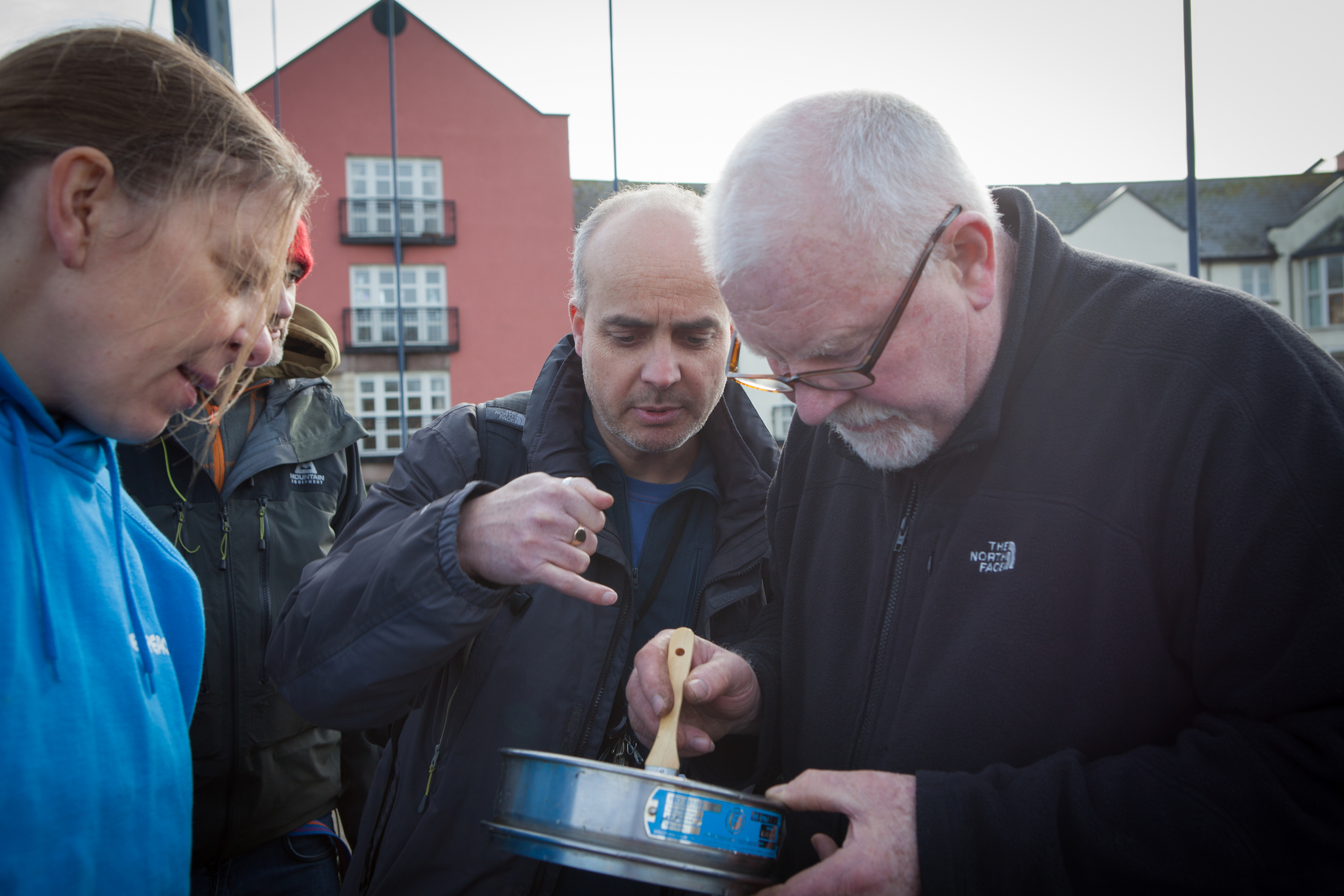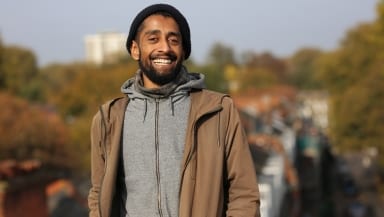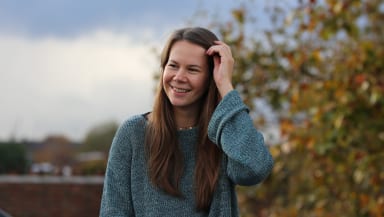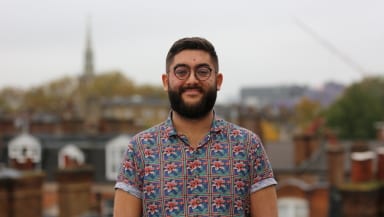Although the science unit is based in the UK, we provide scientific and technical support for all Greenpeace offices around the world.
For instance, we have recently supported testing for urban and industrial air pollution in a range of countries such as Bulgaria, South Africa, Mexico, Lebanon and Indonesia. We have also done extensive plastics research which is concentrated on collaborative work with leading institutions in the UK and beyond, and currently we’re exploring an unknown oil spill with our colleagues in Brazil.
As principal scientist at the science unit, I manage the research laboratories and oversee the work of the nine members of staff, as well as the freelancers based here.
I first joined Greenpeace in 1986 on a very short-term contract. Greenpeace UK was looking for a scientist for six weeks to travel around the UK on a boat that was equipped with a laboratory. We investigated toxic discharges from industry. From that, it became clear Greenpeace needed scientific support in the longer term, so the science unit was created.
The fact that Greenpeace’s work is based in science is so important because it helps to establish Greenpeace as a credible organisation. If Greenpeace starts to develop a reputation for getting facts and information wrong then it would be very corrosive. The science unit exists to ensure that the scientific positions that Greenpeace adopts are actually defensible.
One of the things that has enabled us to do the level of scientific research that we do is the fleet of ships that Greenpeace owns. Any staff member has the possibility to work on one of the ships – to enable scientific research and take our campaigns across the world. The ships are really a unique tool for allowing us to do this kind of research and having the opportunity to work at sea is great fun.

Paul (right) investigates river water samples for traces of plastic pollution © Vanessa Miles / Greenpeace
I’ve mostly done coastal work around the UK and Europe because going on a high seas transit is a big commitment, but some of my colleagues have embarked on more lengthy and adventurous journeys. People have visited the Great Barrier Reef, done work in forests and mangrove swamps around Africa, and looked at oil production in the Amazon.
The most memorable expedition, however, is when one of our scientists was aboard the Rainbow Warrior II in 1995. The ship was intercepted on the way to Mururoa Atoll where the crew were attempting to stop further French nuclear tests. After the ship was intercepted, our scientist, who was intending to sample corals for radioactive analysis, was arrested by the French Navy. She was deported from Tahiti and arrived barefoot in the snow at Heathrow airport.
Working for Greenpeace, I love the opportunity to travel to incredible places, to do real science and to help force through positive change. Being part of an international community is brilliant and Greenpeace always goes above and beyond in its responsibilities to its staff. There is a lot of camaraderie between staff members and I cannot think of one time throughout my 32 years working for Greenpeace where I’ve been in a tricky situation and felt in danger or unsupported by the organisation.
Working for Greenpeace has been a one-stop career for me, which shows how important this work is to me. Working here is not just a job, but a job that leads to shifts in consciousness both at the public and government levels, which often promotes important political change.



